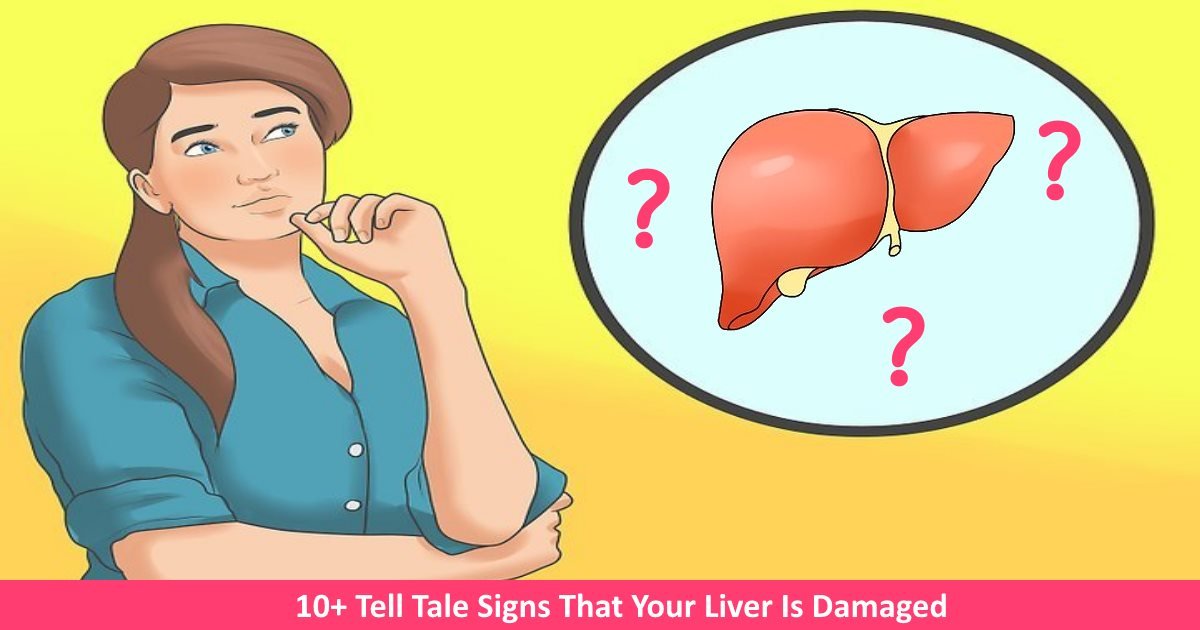The liver is one of the largest functioning organs in your body.
It’s about 3 pounds and its main function is to filter blood that comes from the digestive tract. It also metabolizes drugs especially if you’re on medication. In conjunction with the gall bladder, they absorb and process all foods.
Aside from filtering blood, the liver also produces over 13000 chemicals and hormones as well as producing about eighty percent of the body’s cholesterol. Should your liver fail, your whole body will shut down and you’ll die within 24 hours.
So with that information, it is imperative that you be on the lookout for the telltale signs that indicate your liver is damaged or failing. We have therefore prepared a list of the signs that you should look out for.
[rsnippet id=”4″ name=”DFP/34009881/Article_1″]
Your stomach is in an increased state of flux
This one of the earliest indications of liver damage. It mostly involves nausea and vomiting. These symptoms are associated with other conditions like migraines and food poisoning and even early pregnancy, therefore don’t jump the gun just yet and self-diagnose yourself if you experience them. But if their frequency increases, it could mean that your liver is unable to get rid of toxins in your body.
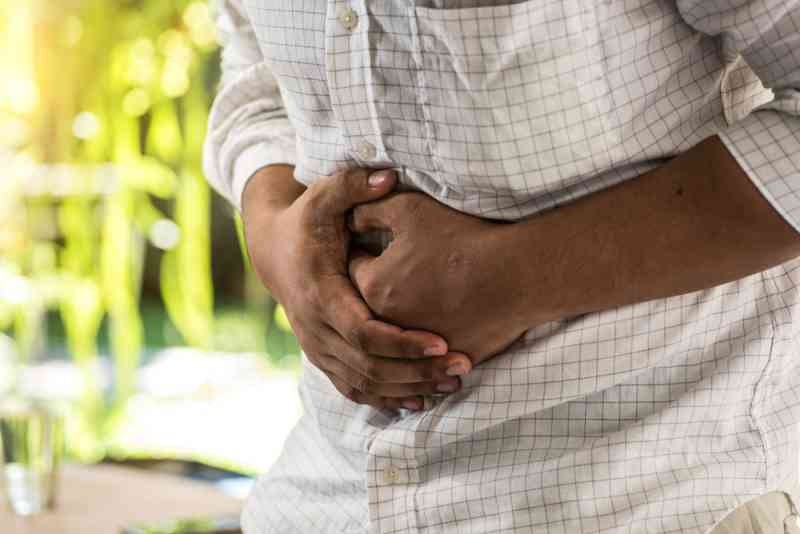
Fatigue and weakness
You may feel fatigued and weak from time to time but it doesn’t necessarily mean that your liver is damaged.
But if you get sufficient sleep and also eat healthy but you still feel fatigue and weak, then there is cause for worry. If your liver isn’t working optimally, the rest of your body overexerts itself to compensate for it. The toxin buildup absorbs all the protein in the body and since the liver cannot get rid of them, the body starts to slow down.
The result, chronic fatigue.

Severe appetite loss
If your liver is damaged, it won’t produce bile which breaks down fat. Poorly digested food will result in a loss of appetite and lead to unhealthy loss of weight.
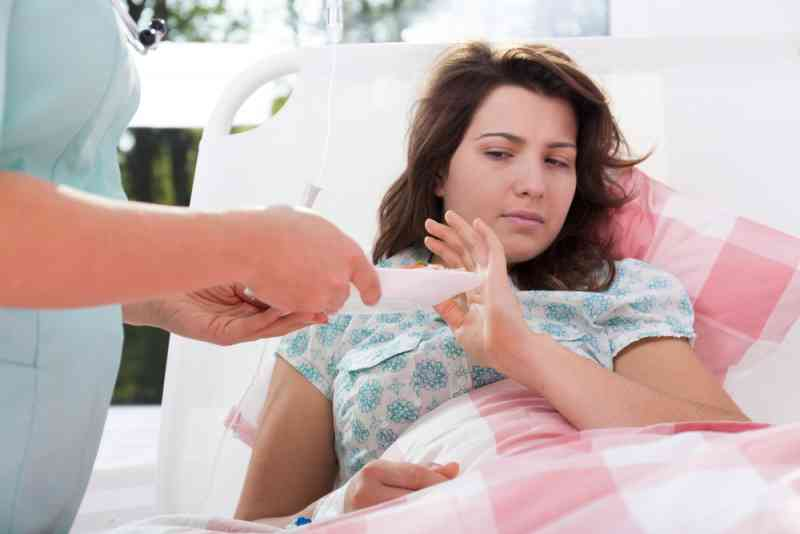
Problems with digestion
Like I said earlier, the liver produces bile which aids in digestion to release nutrients that are subsequently absorbed by the small intestines. If it fails there will be problems like alcohol intolerance, irritable bowel syndrome, bloating and constipation arising.
[rsnippet id=”5″ name=”DFP/34009881/Article_2″]

Urine Color change
If you are on a healthy diet and drink plenty of water, your urine will have a bright yellow color. But if this color happens to change despite this, then that is an early sign that the liver is getting damaged. If your urine has a brown, amber or orange color, it’s because there’re significantly high levels of bilirubin in the blood.
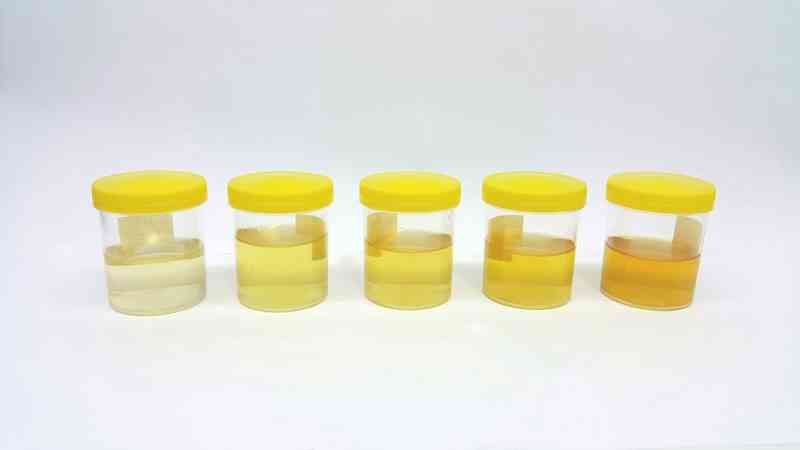
Color changes in your stool
If your liver is not producing sufficient bile, the color of your stool changes. The fecal matter will look pale yellow or grey. This may happen sometimes even with a normal liver but if the frequency increases, you should consult your doctor.
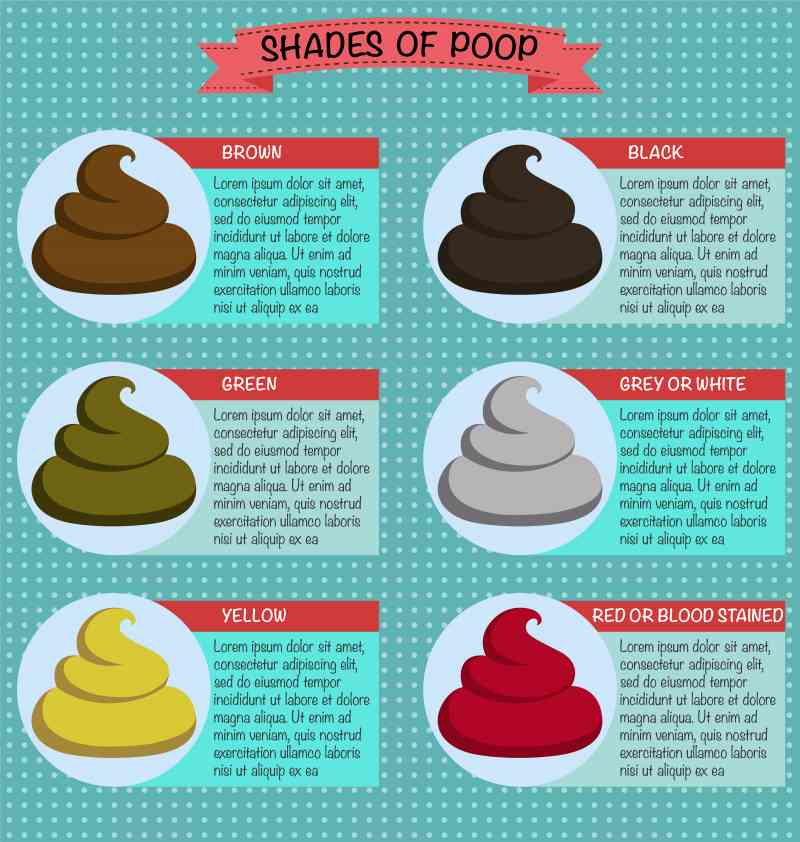
Jaundice development
Your red blood cells are important in delivering oxygen and protein in your tissues. If your liver fails, these cells begin to break down and become a yellowish substance called bilirubin. This bilirubin is then released into the blood. This causes the skin and the white of the eyes to turn yellow. This condition is referred to as jaundice.
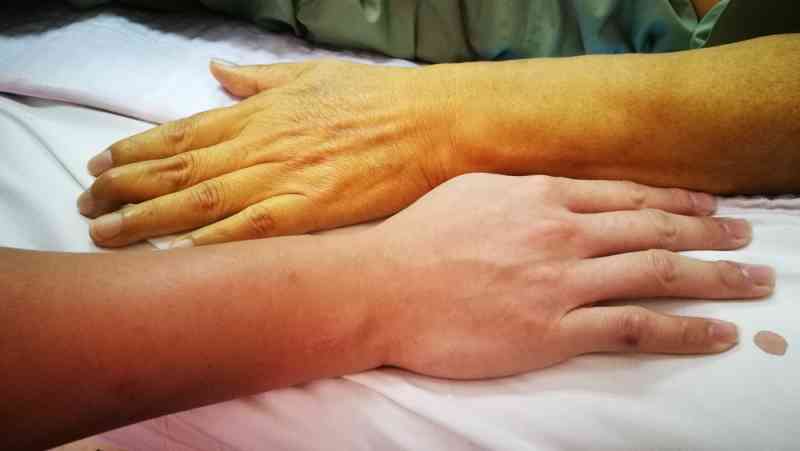
Abdominal changes
Any pain in the abdomen that is not menses related, should be given serious consideration. If you experience severe pain and cramping in the abdominal region, it could mean that you may have ascites (fluid buildup in the abdominal area) or your liver is damaged.
[rsnippet id=”6″ name=”DFP/34009881/Article_3″]
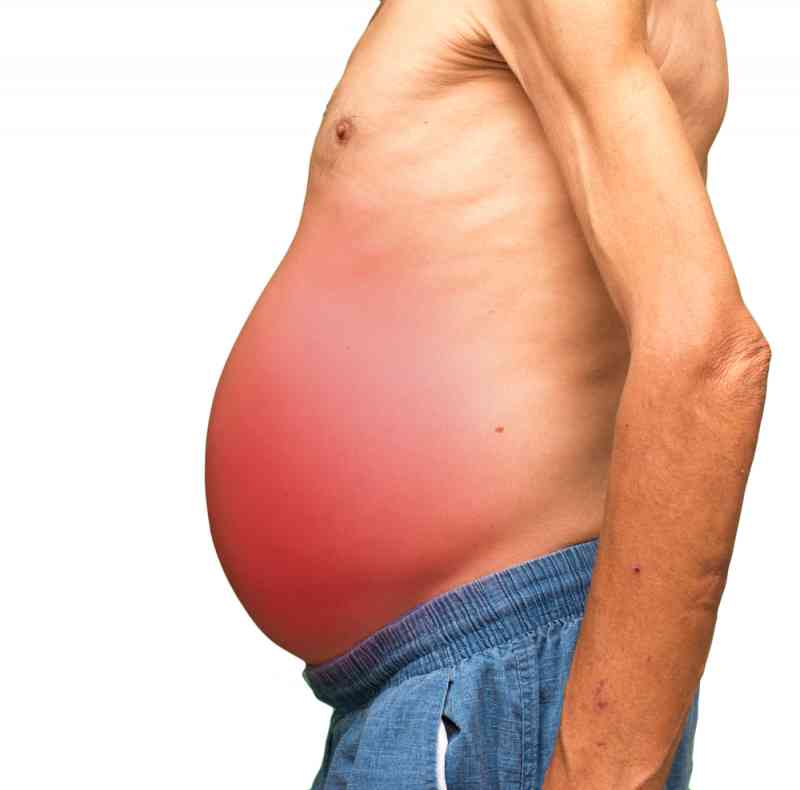
Fluid retention
If you happen to notice that your feet and hands are swollen, then your body might be retaining too much fluid. Fluid retention may be due to a variety of conditions like hormonal imbalance, kidney failure, heart failure and of course liver failure. So it’s of utmost importance that you consult your doctor especially if it’s a recurrent issue.
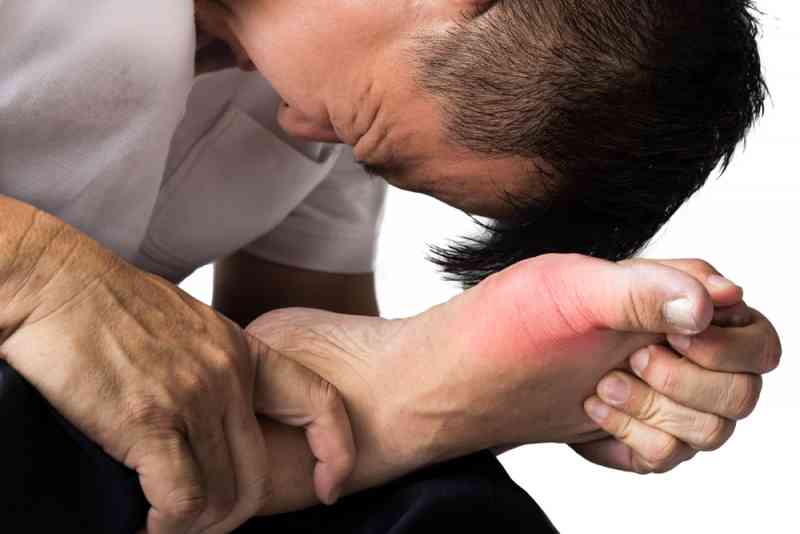
Excessively itchy skin
Nothing feels good like scratching an itch. But too much itching becomes a problem. If your liver is damaged, your skin tends to become flaky and overly sensitive. Your veins may also be more noticeable. Bruising may also be too pronounced. You can use moisturizing creams to take care of the itching but this is only a temporary solution because the itch won’t go away until your liver issues are addressed.

Bleeding in the intestines
Your liver is responsible for producing clotting factors in the body. If it’s damaged, it might not be able to produce them and in their absence, you might experience some internal bleeding. Severe diarrhea and constipation also tend to cause intestinal diarrhea.
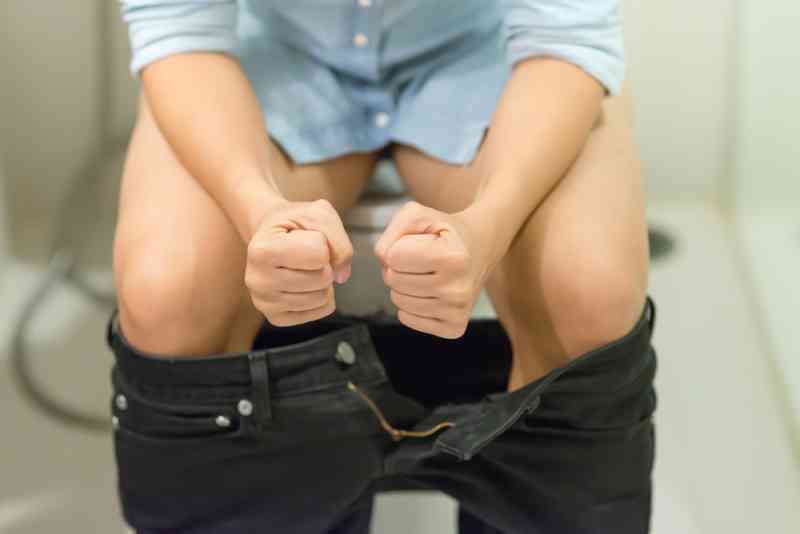
Severe pain
If you have a damaged liver, you may experience a very sharp pain in the upper right region of the rib cage. This is where the liver is normally located.
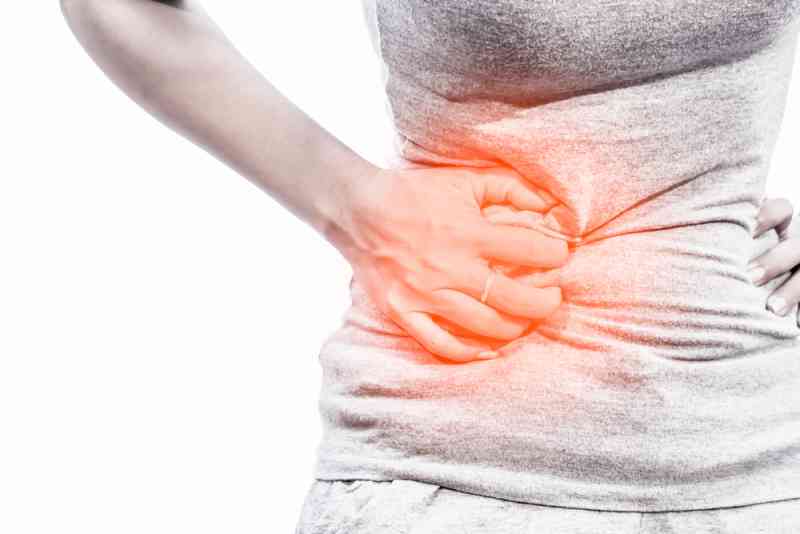
Word of advice, if you happen to experience some of these conditions, it’s best to seek medical advice as soon as possible just to be on the safe side.
Don’t forget to LIKE US on Facebook!


